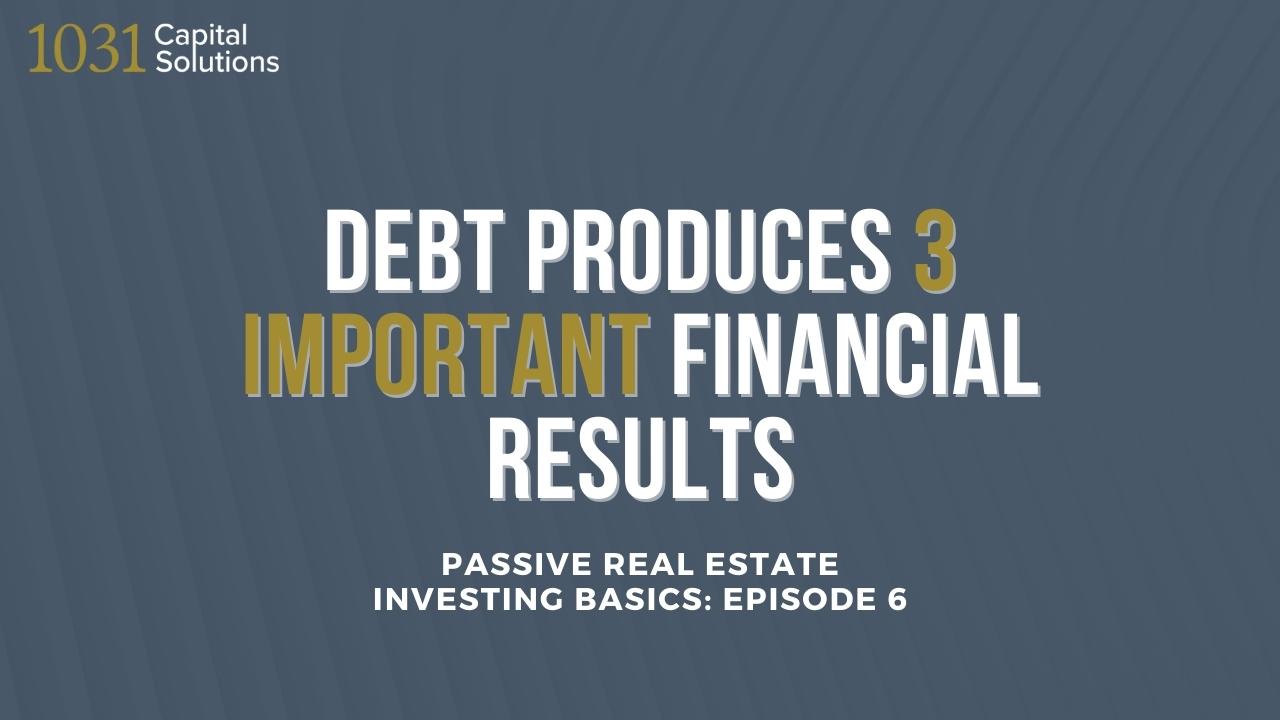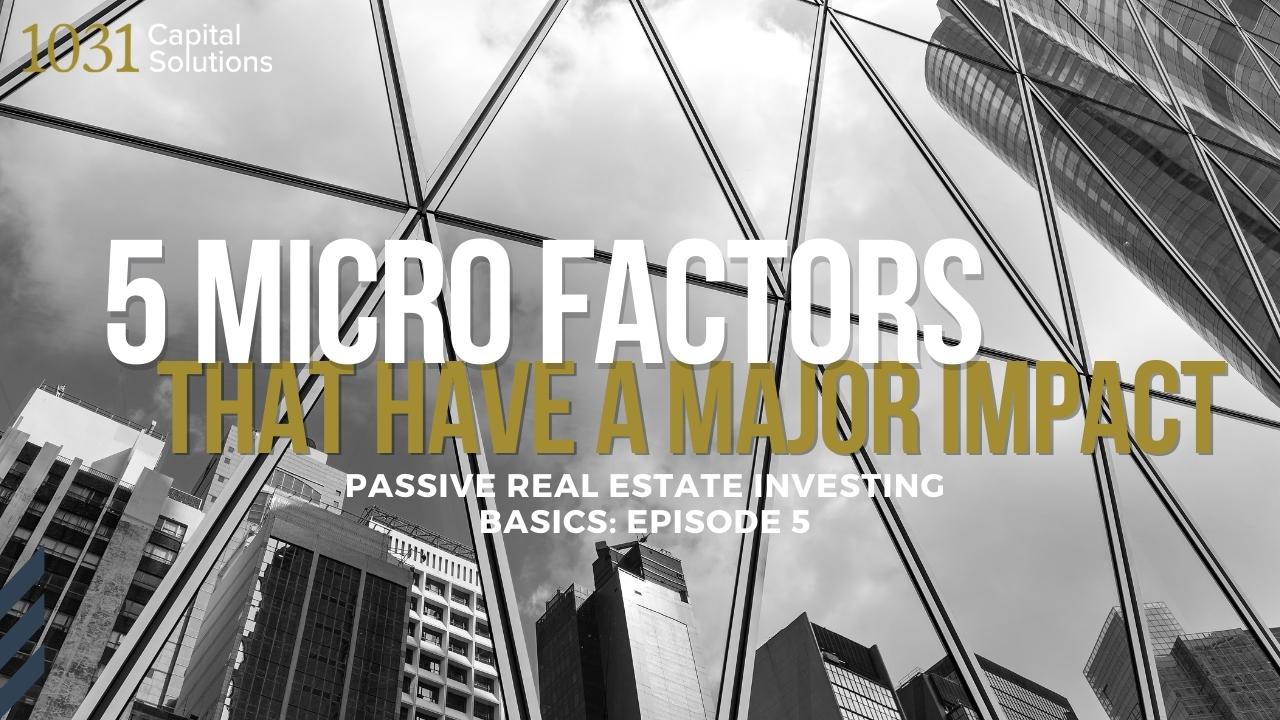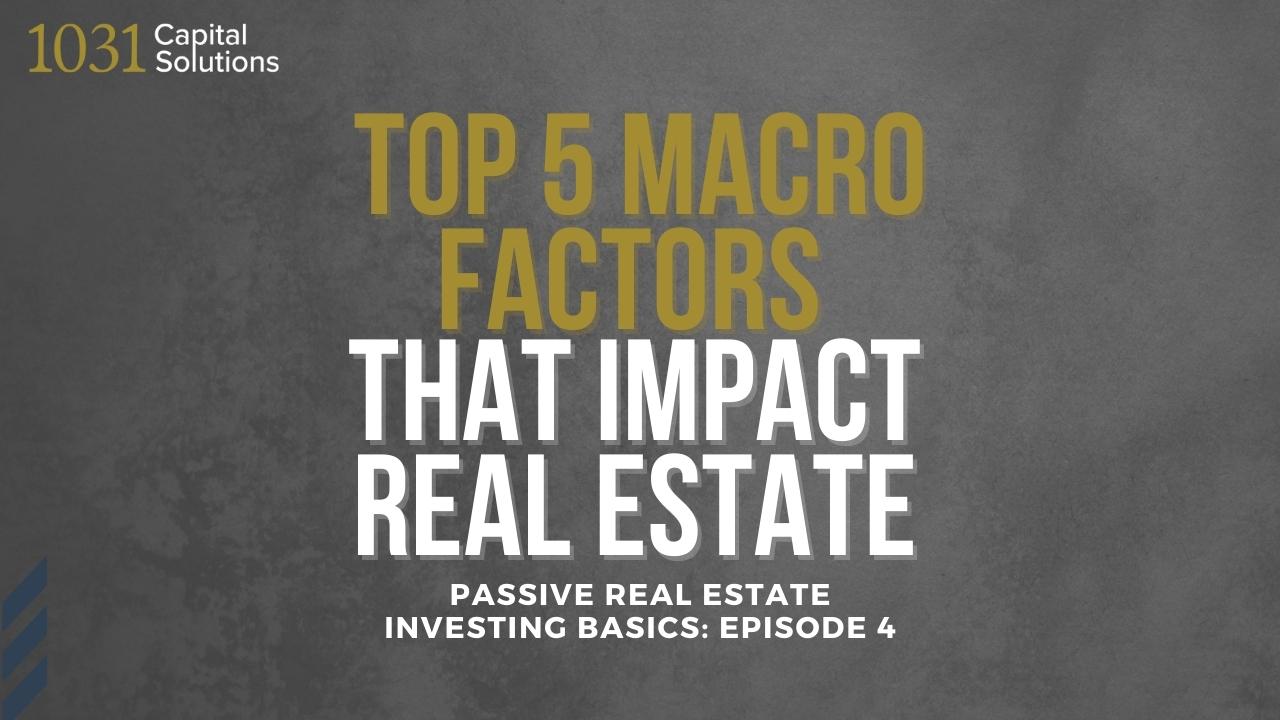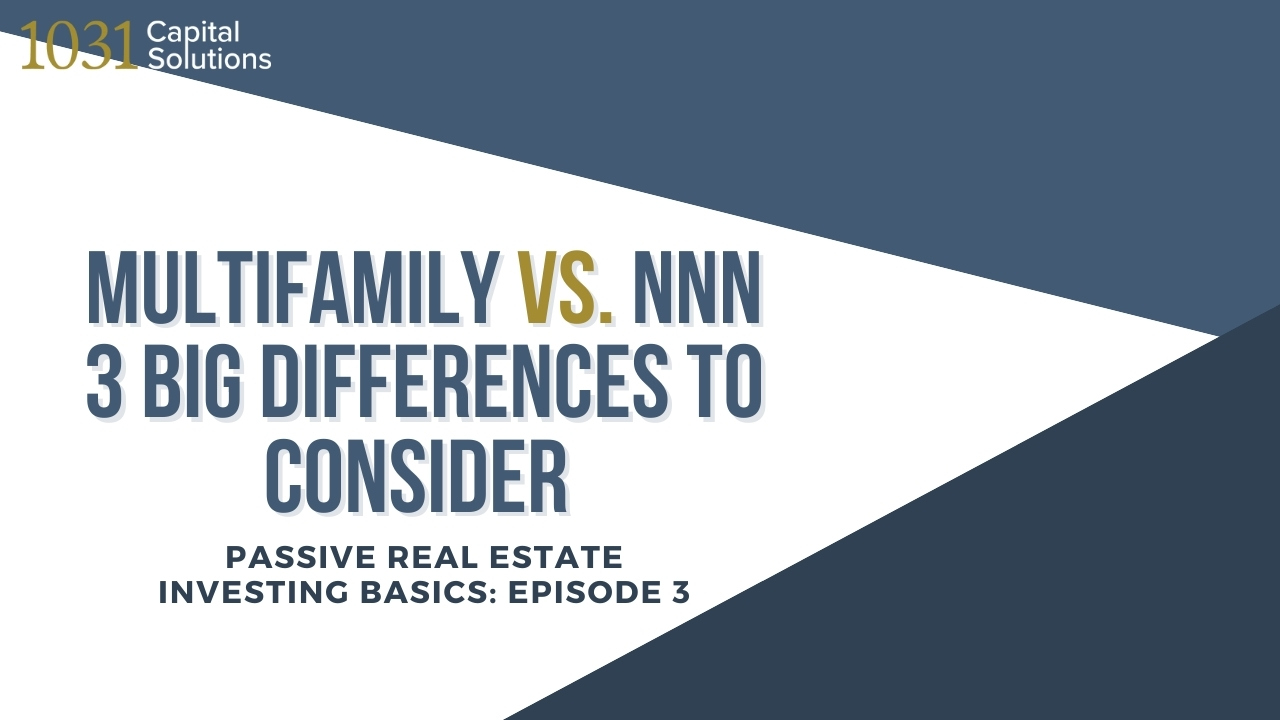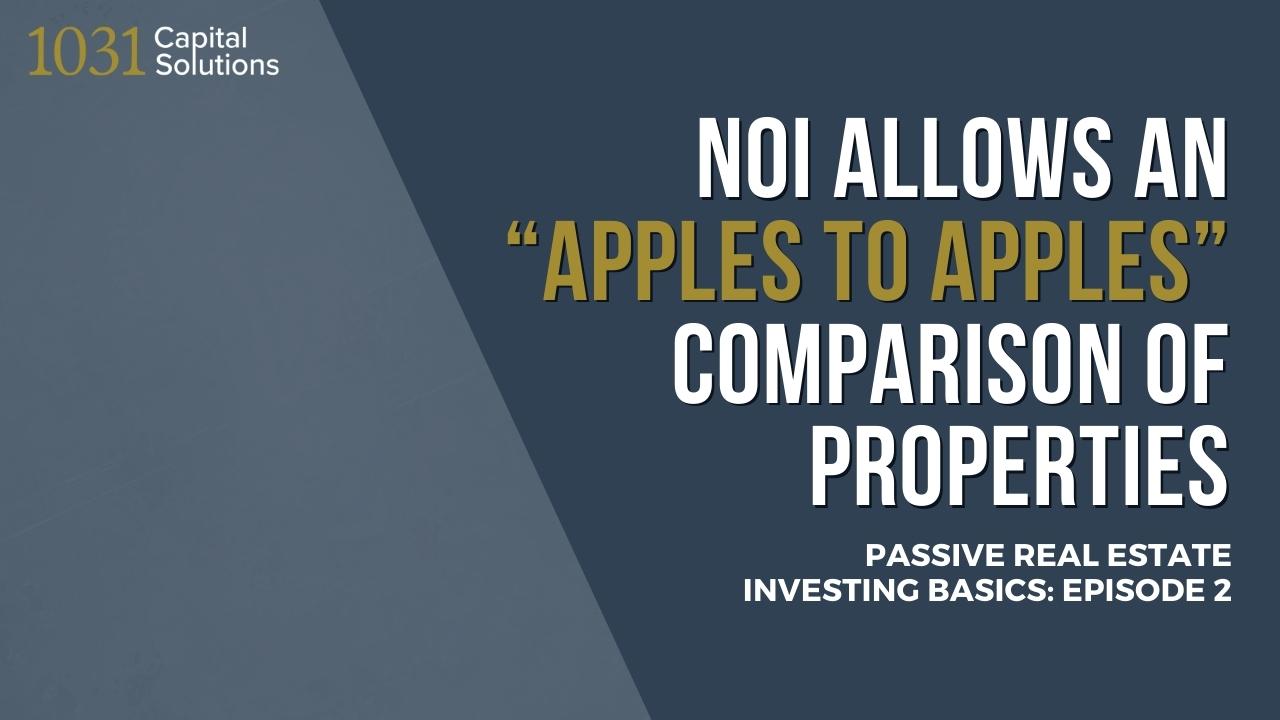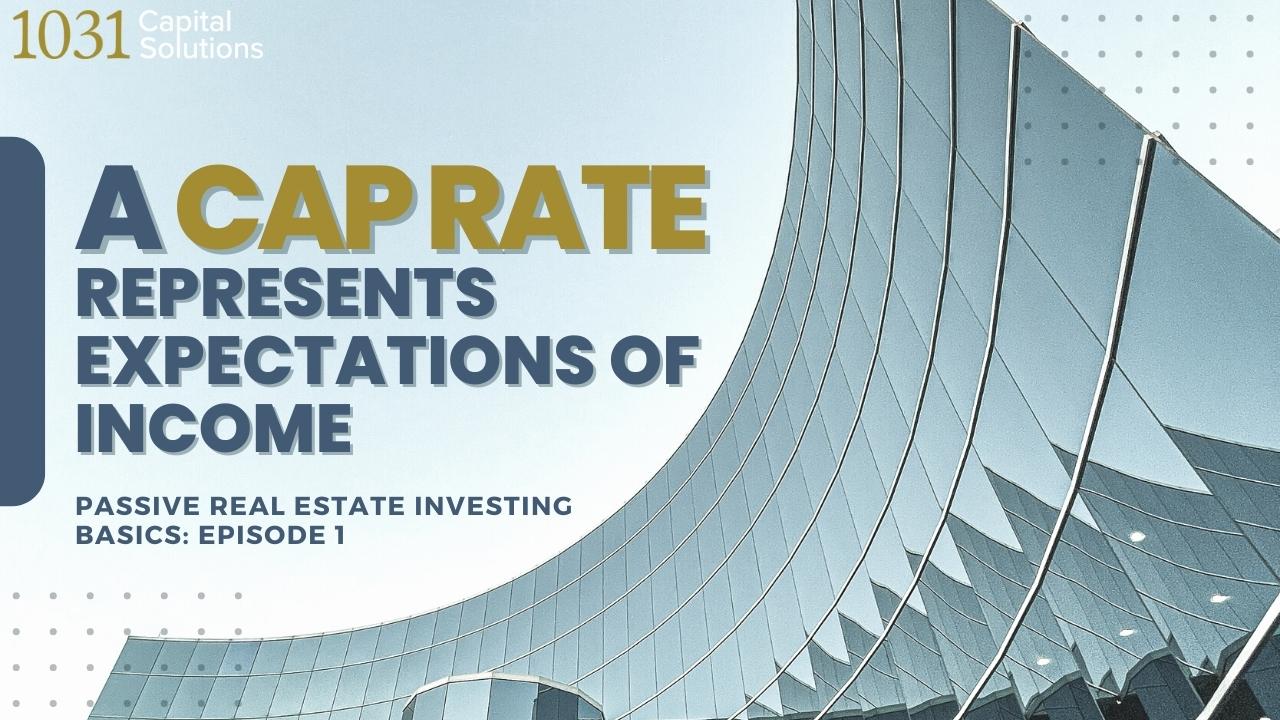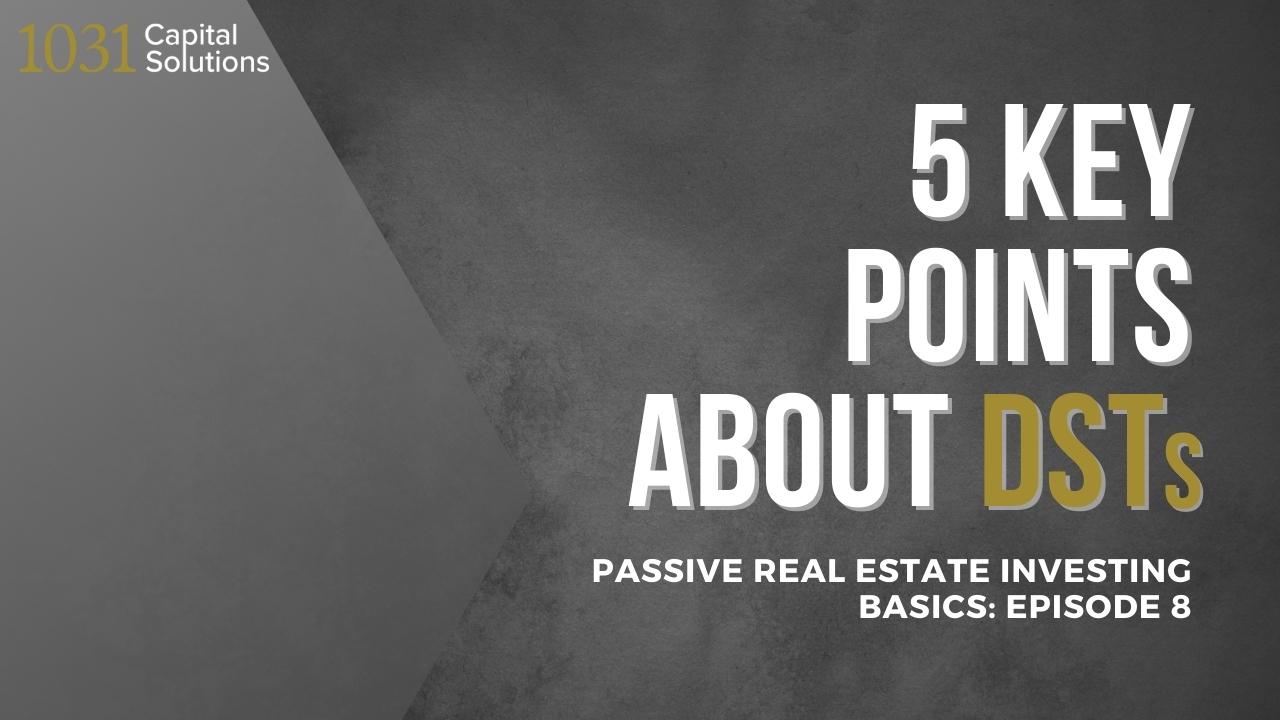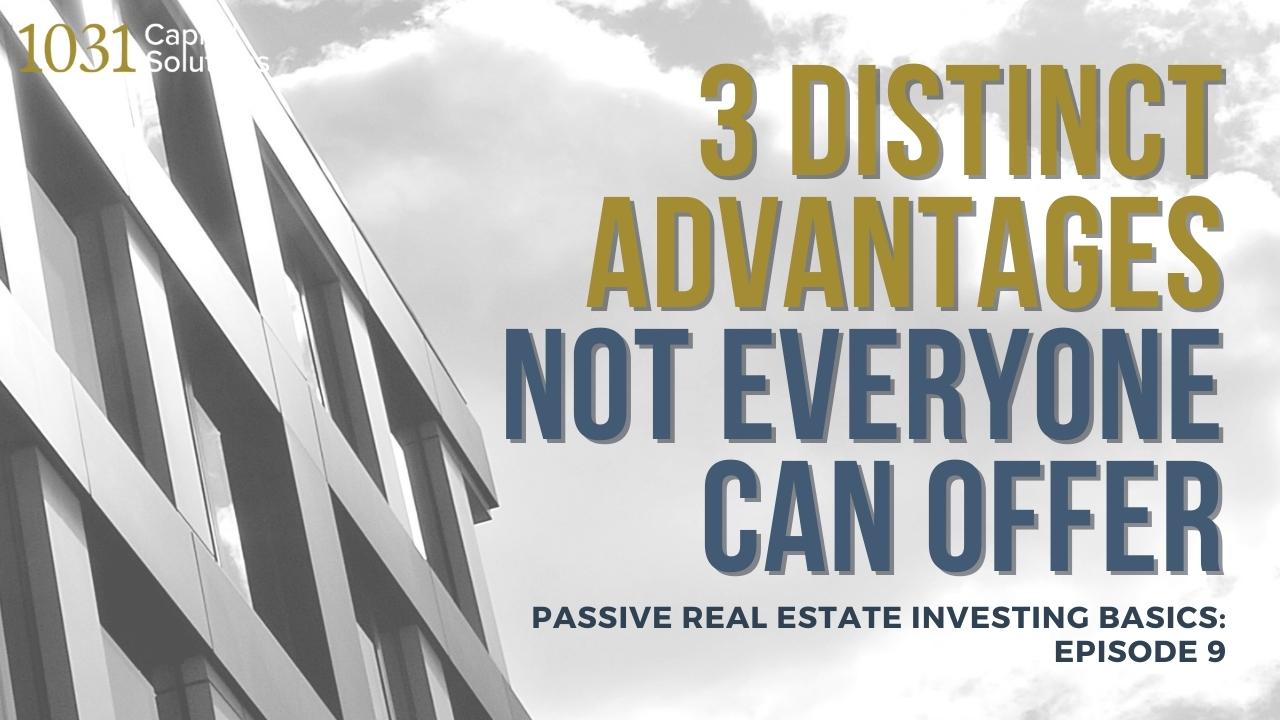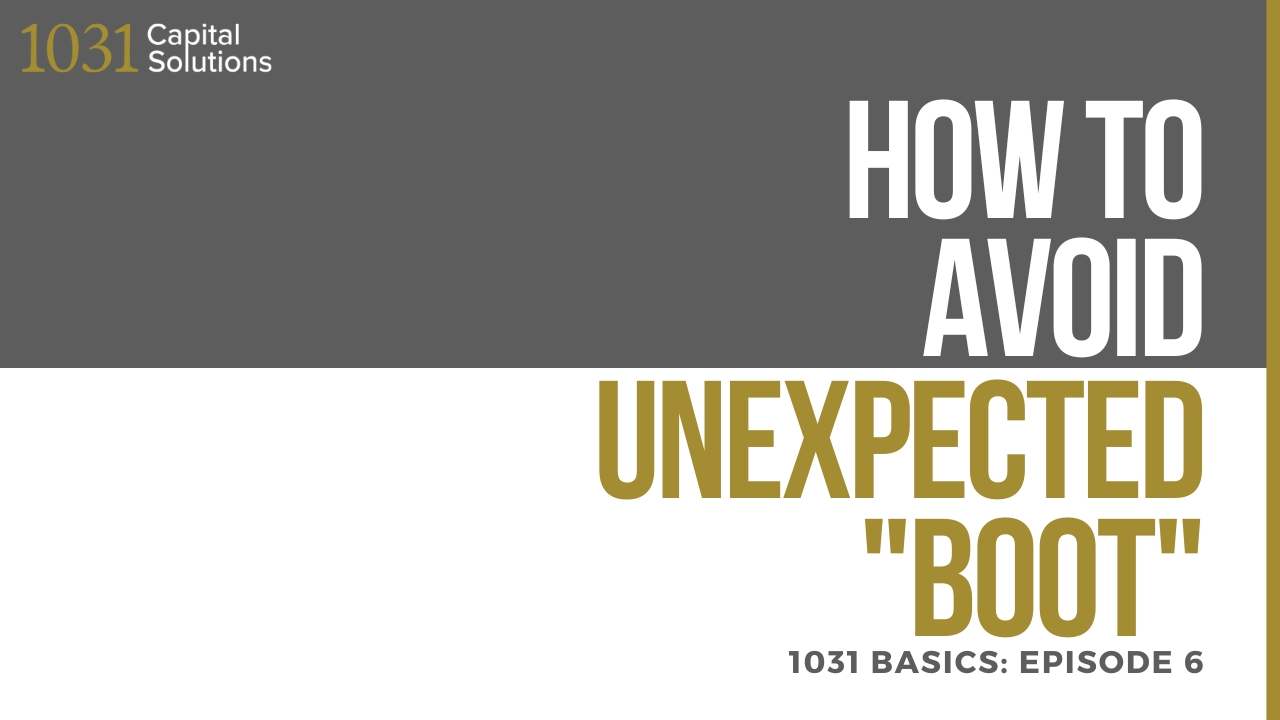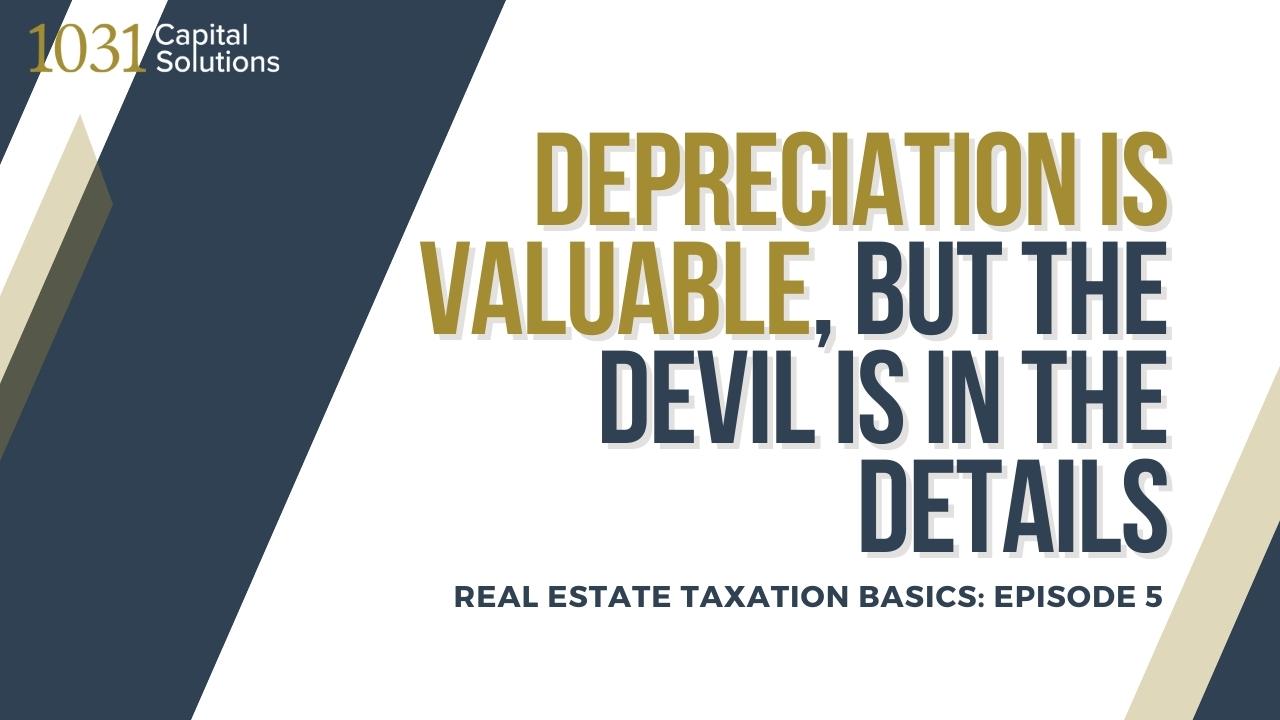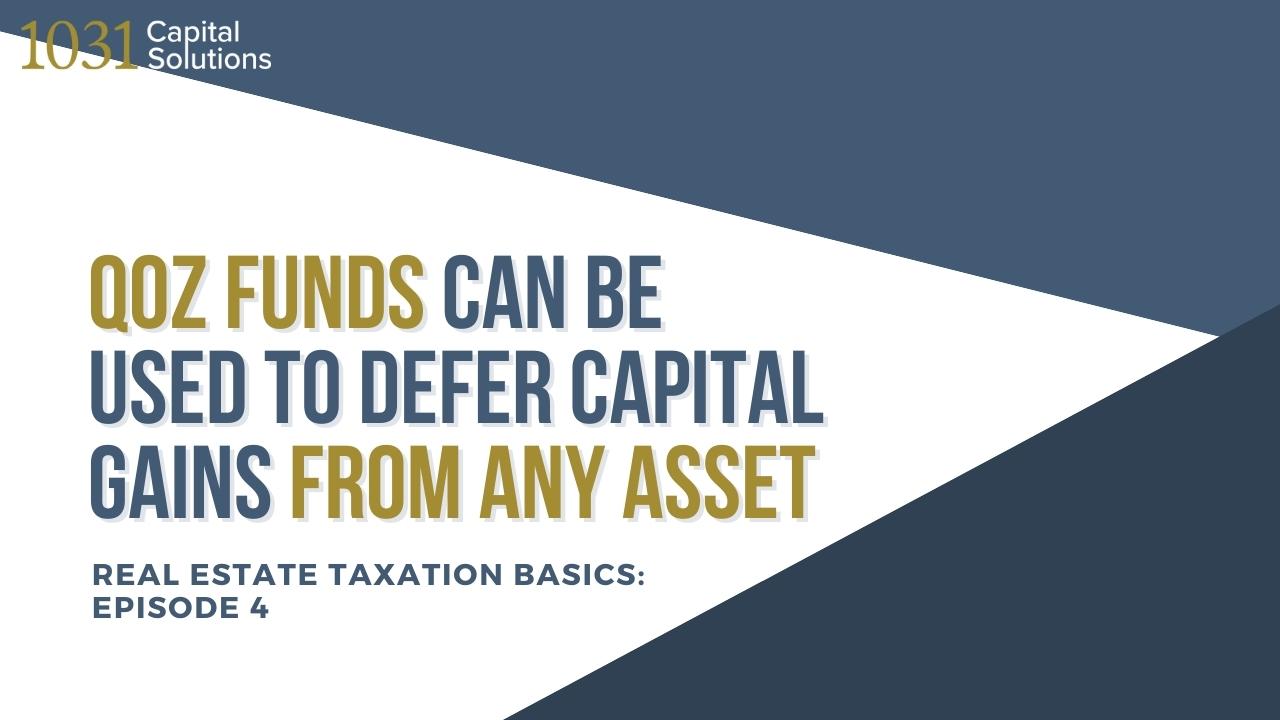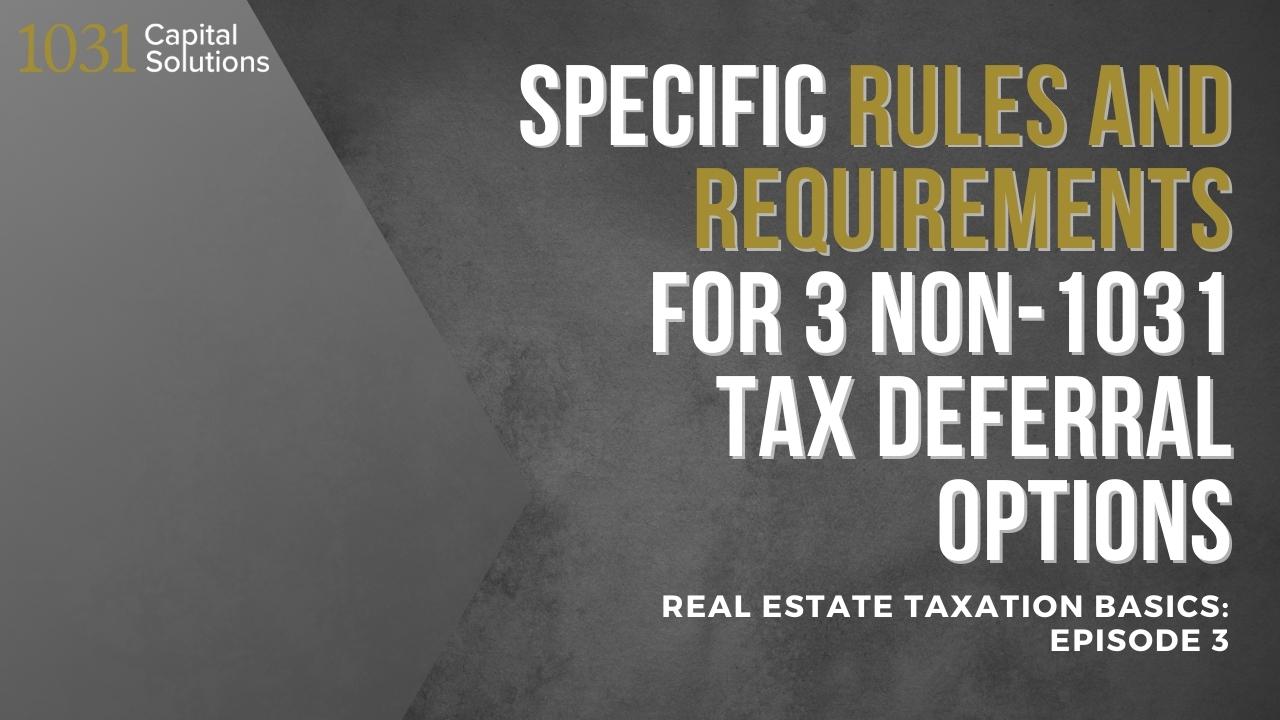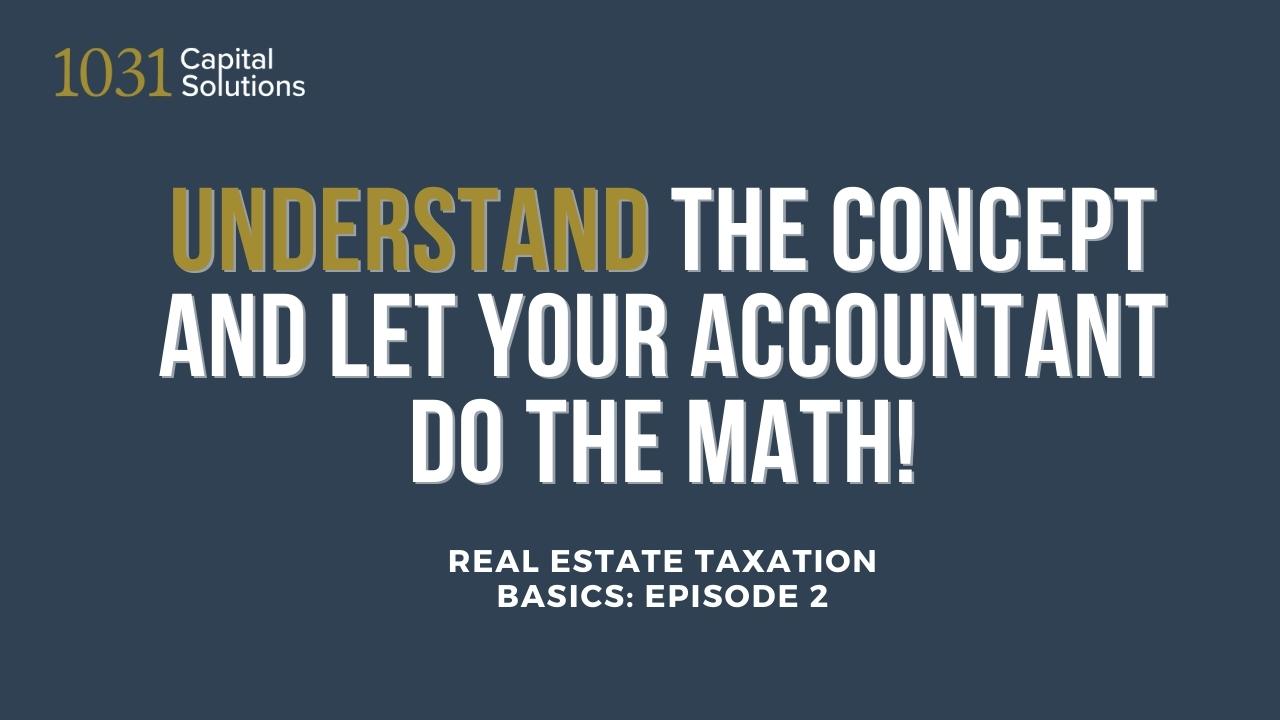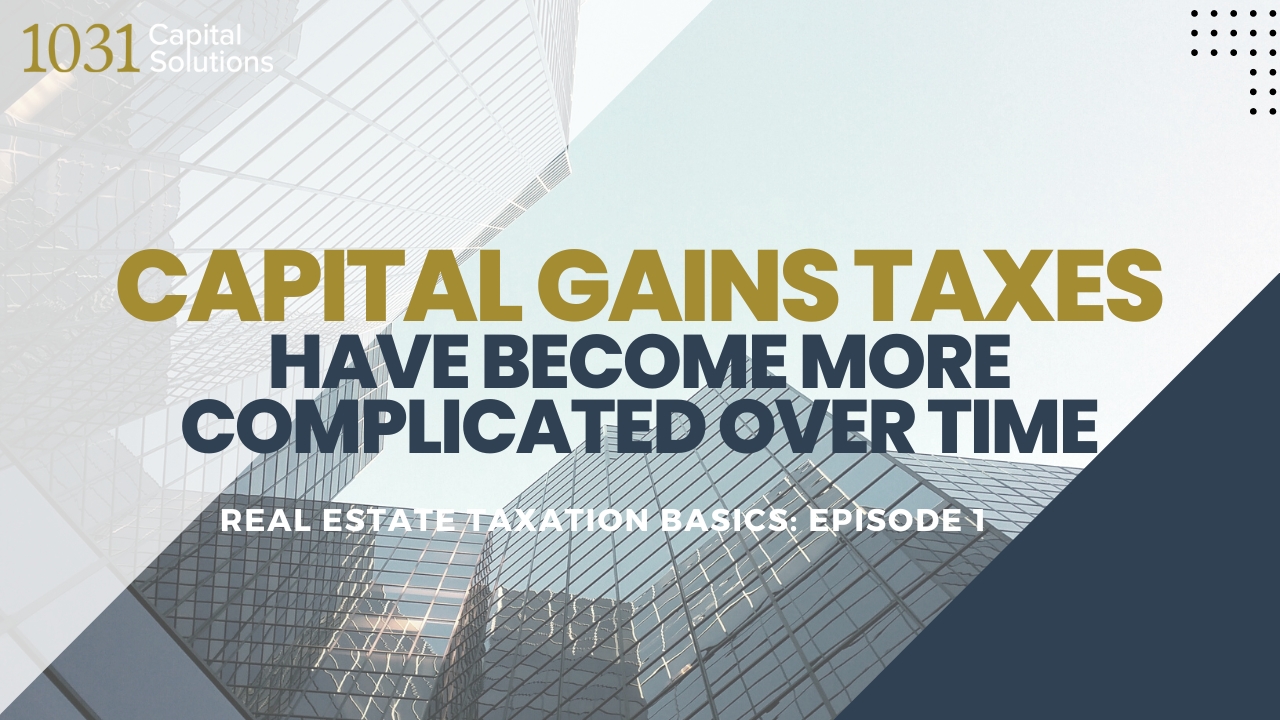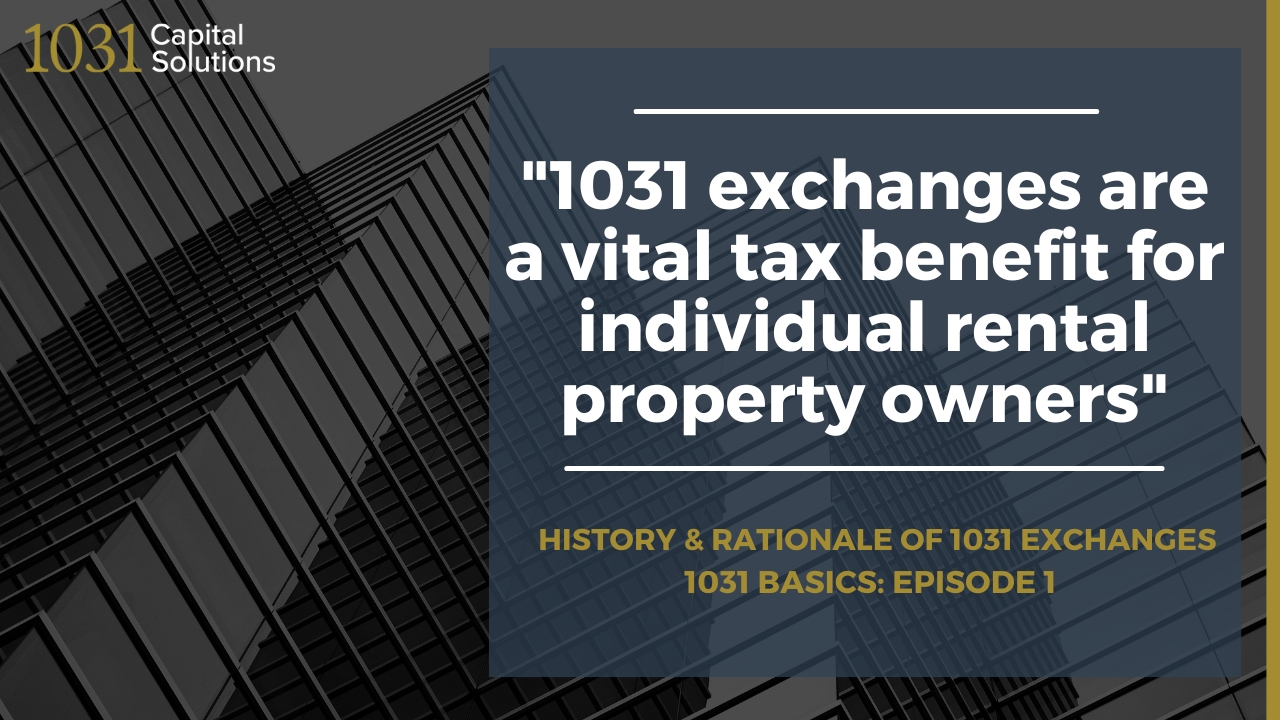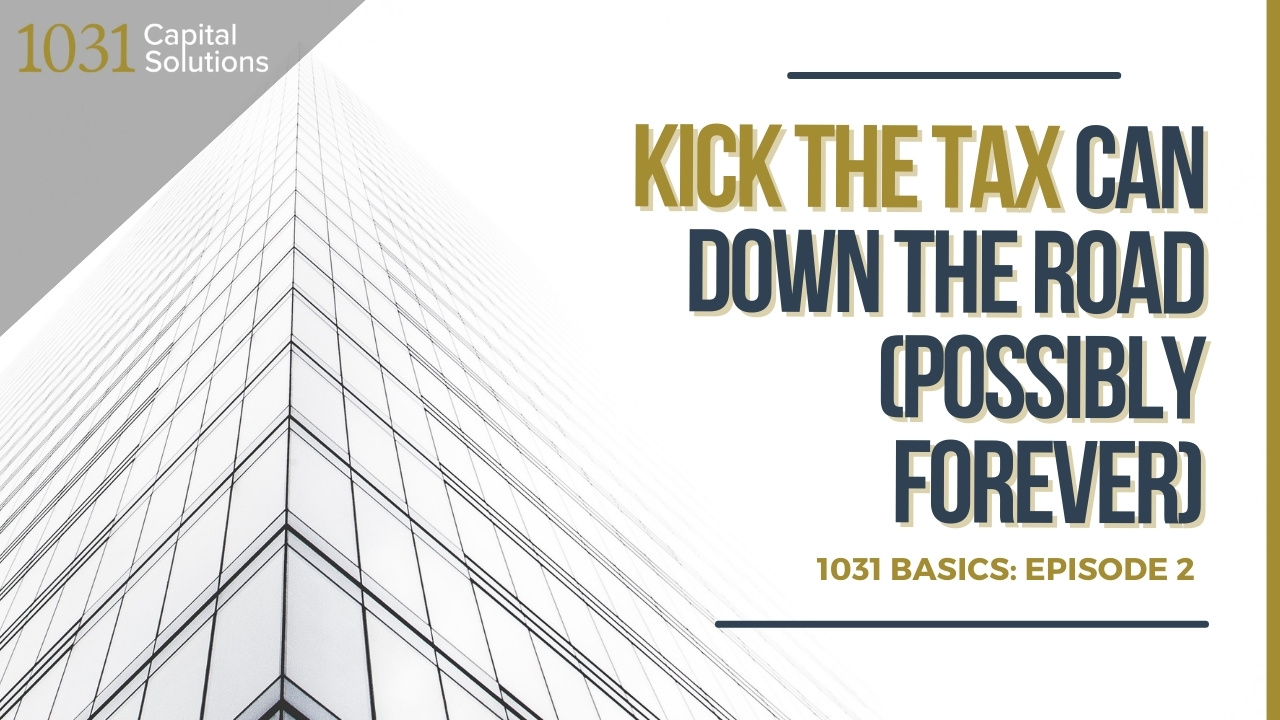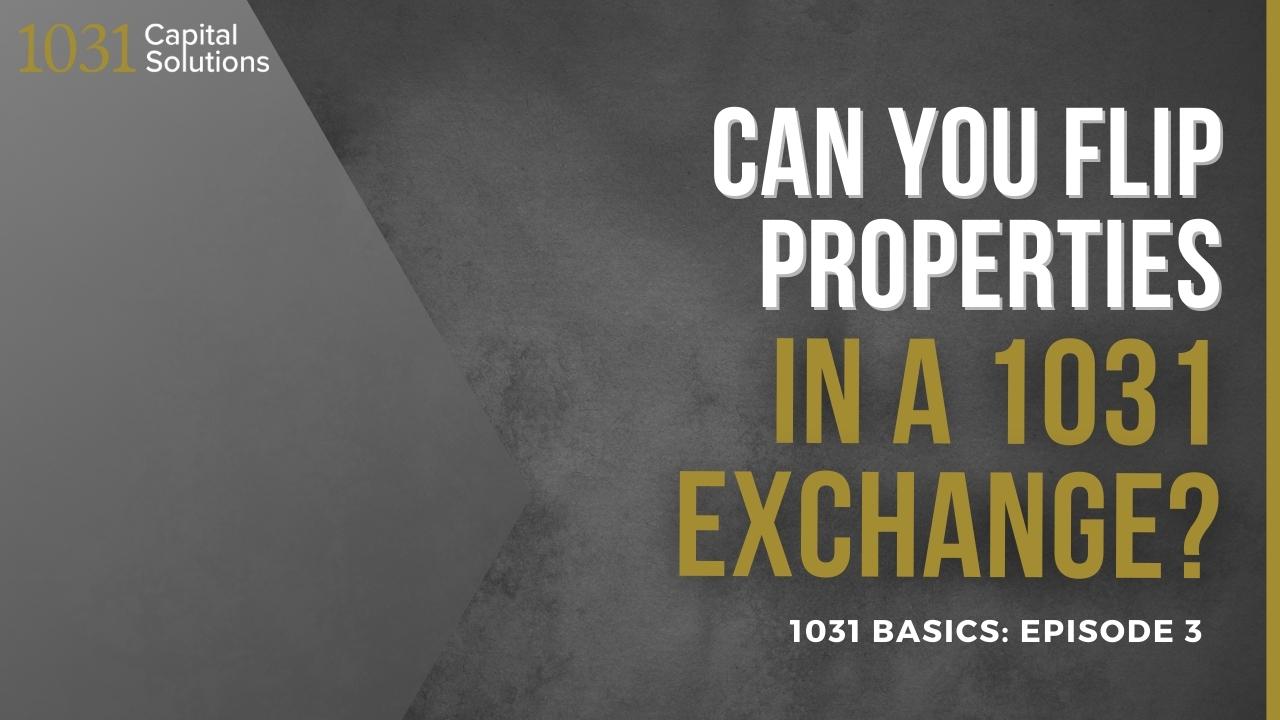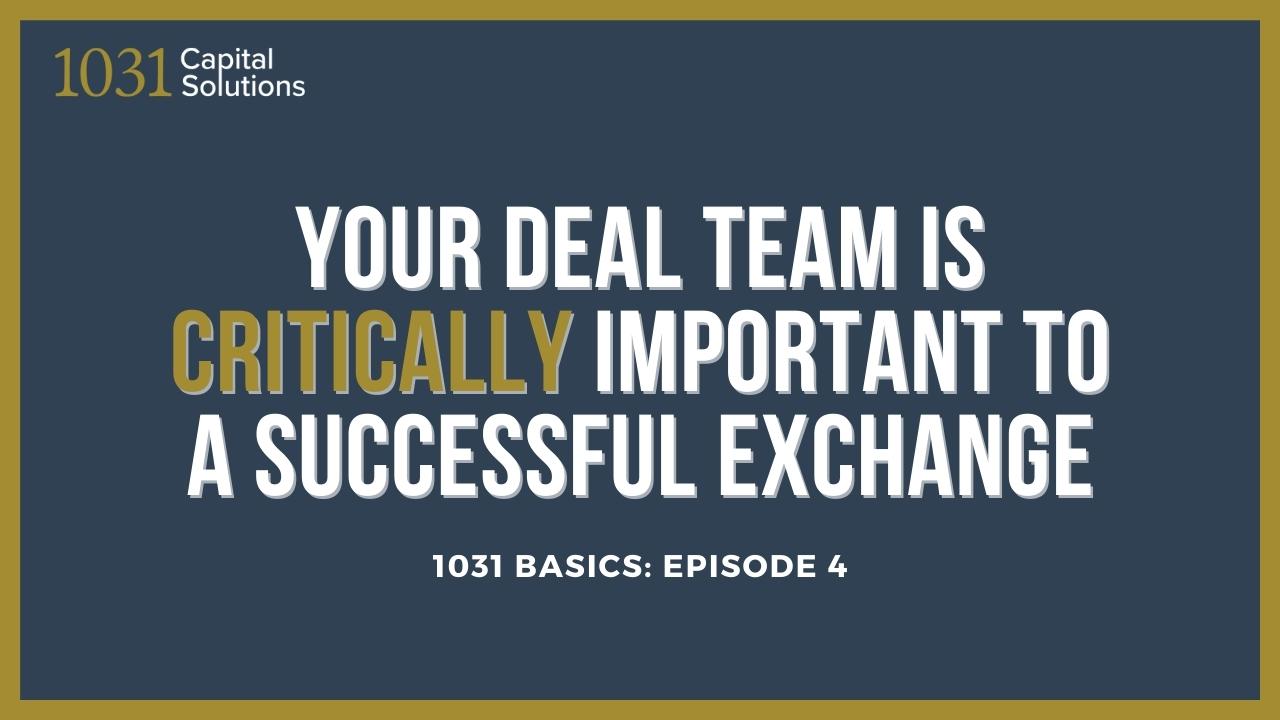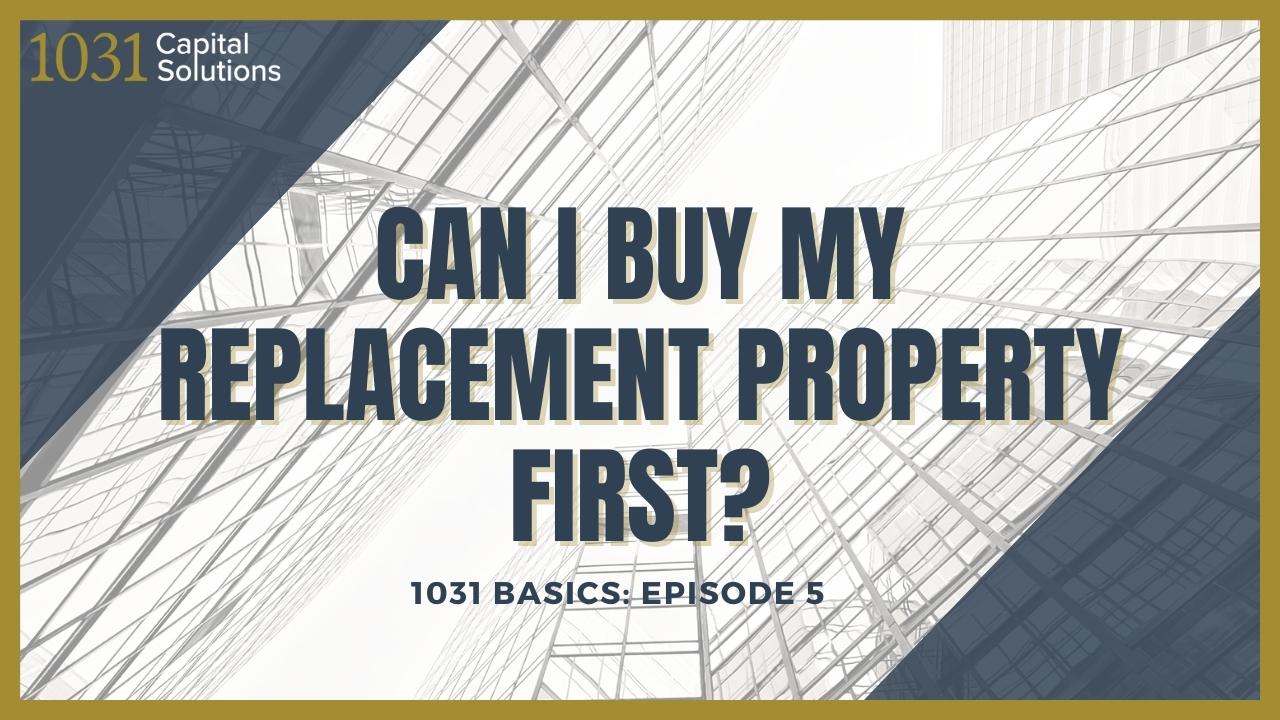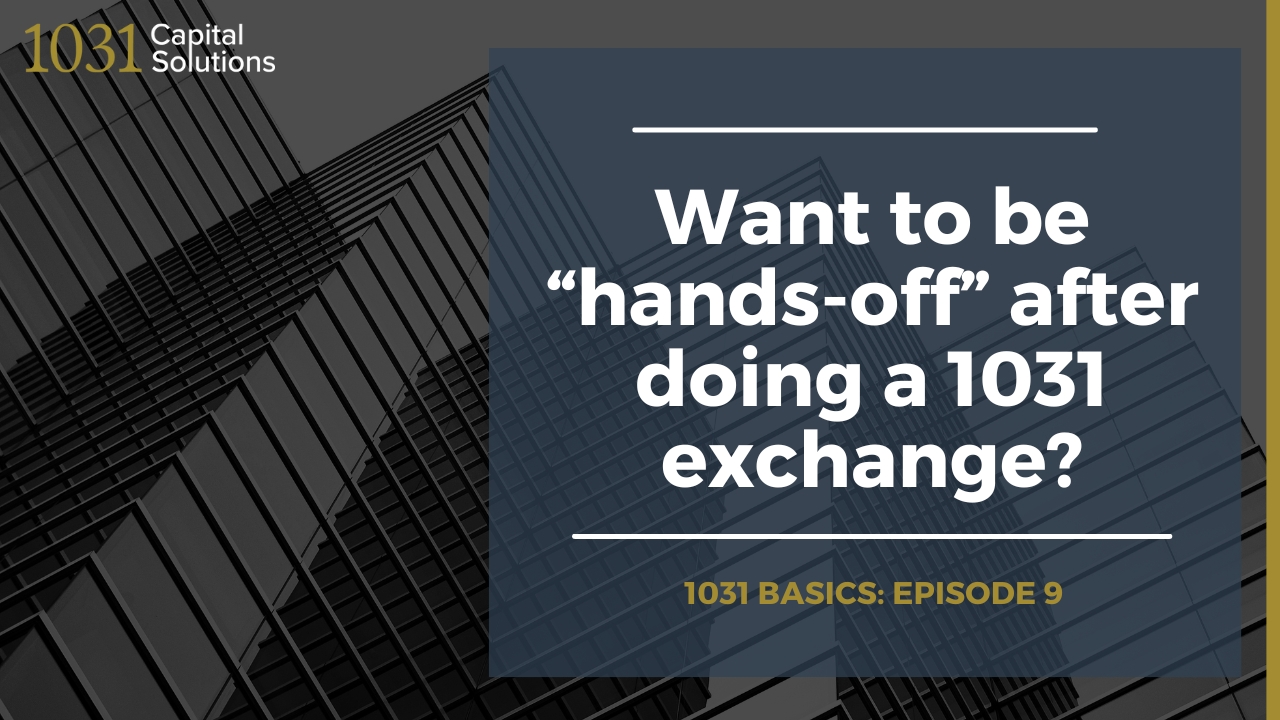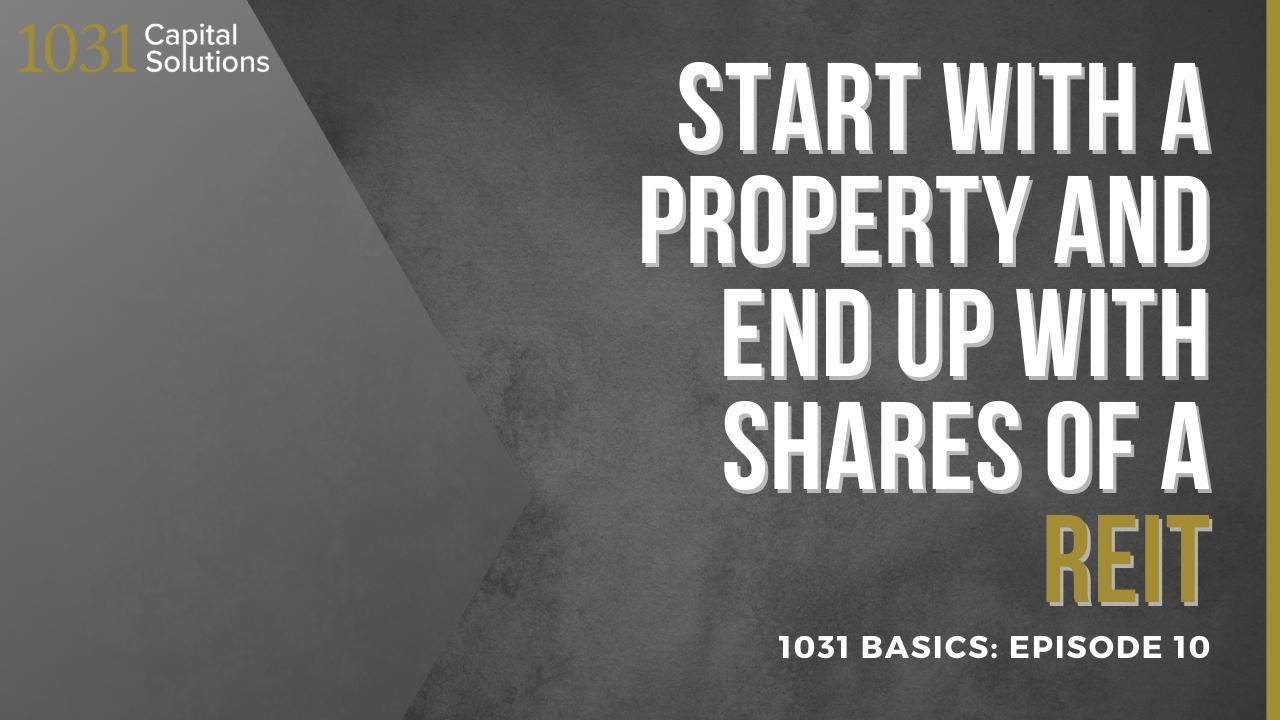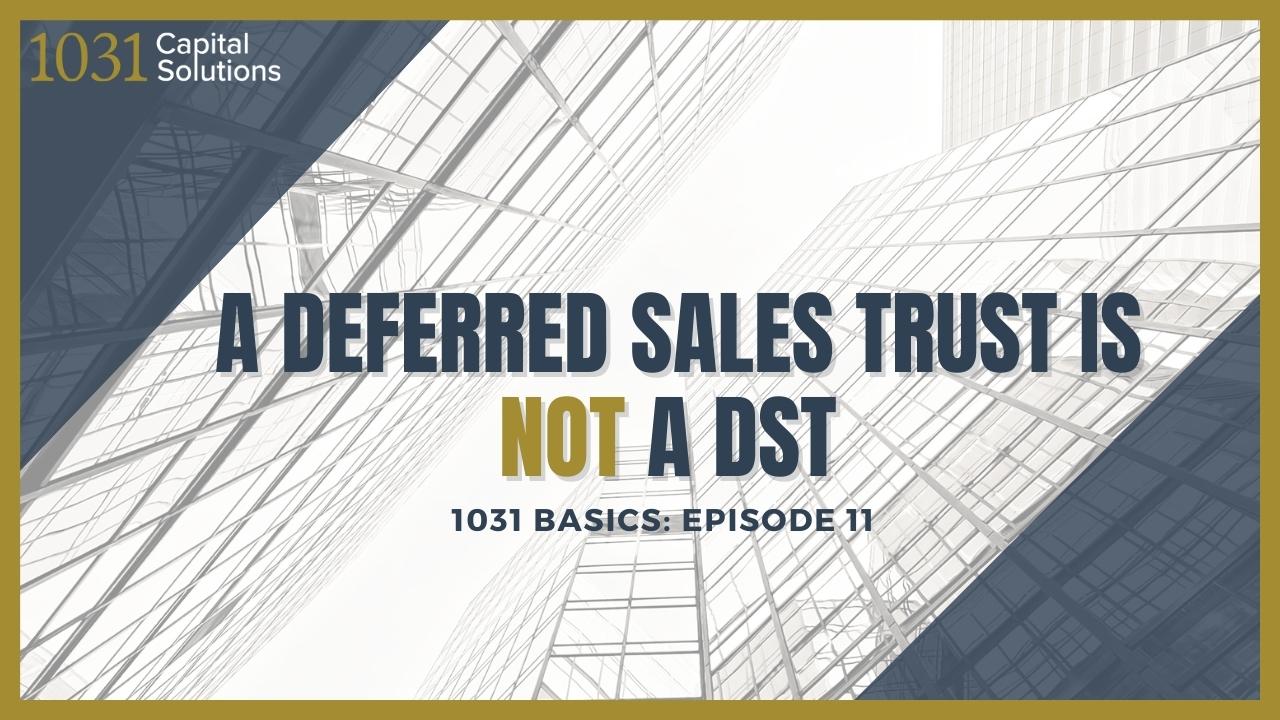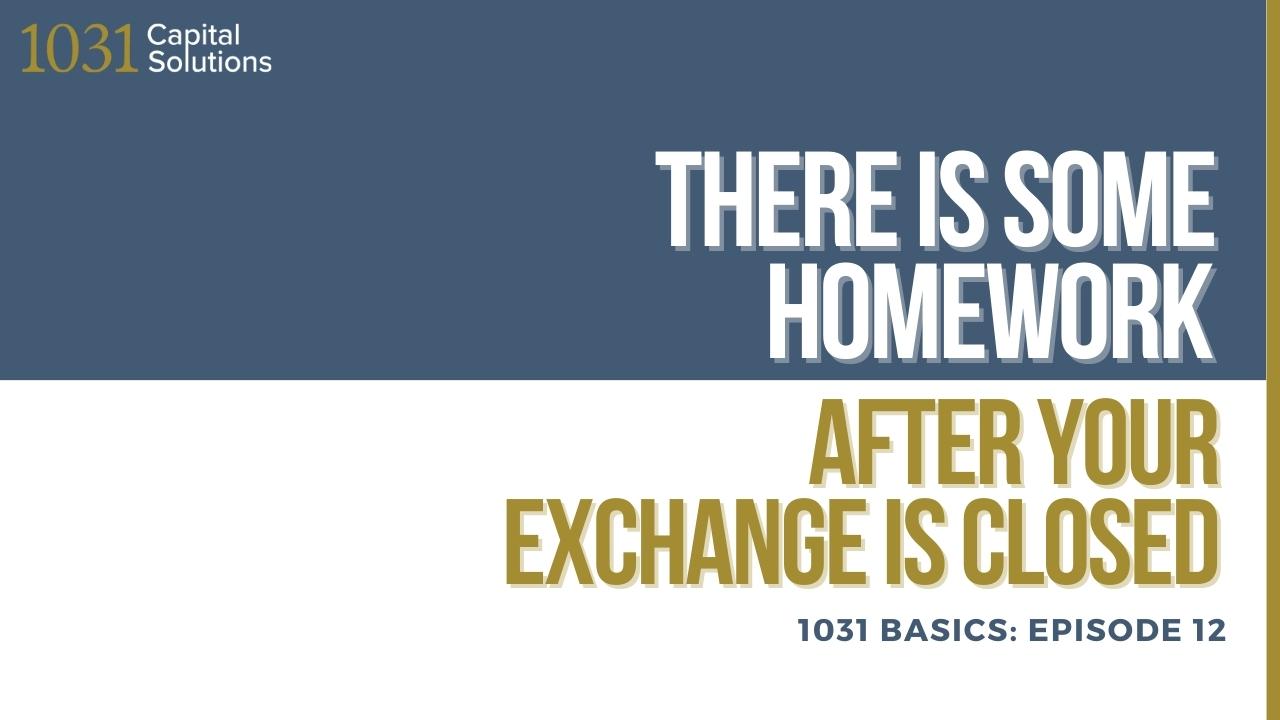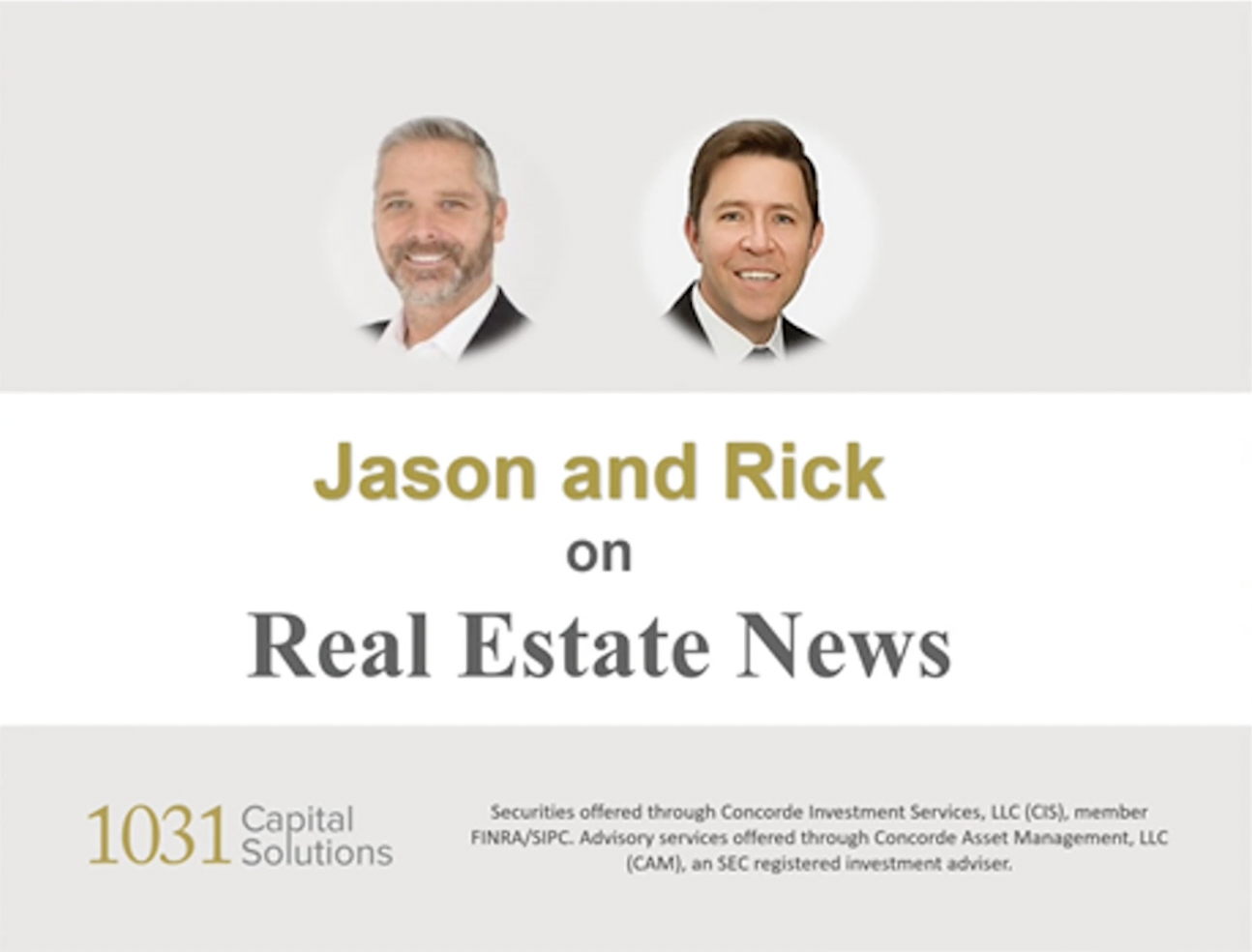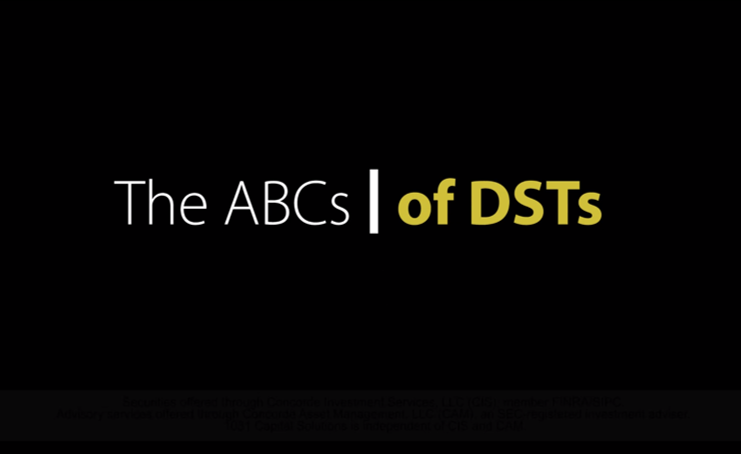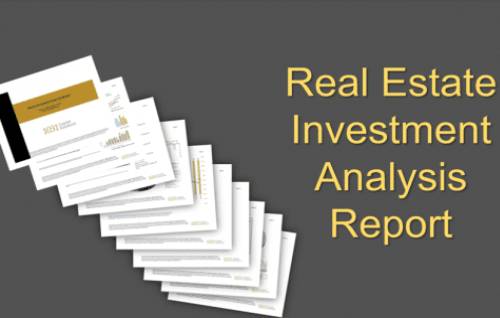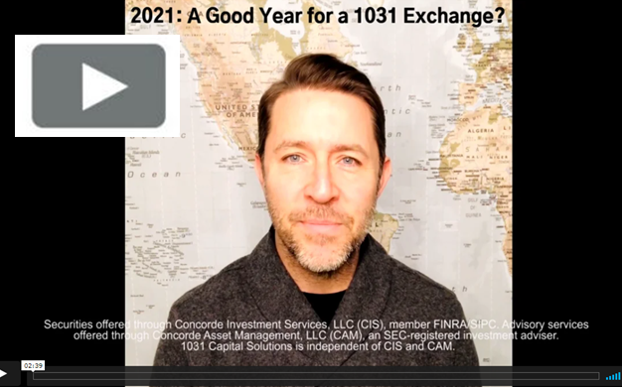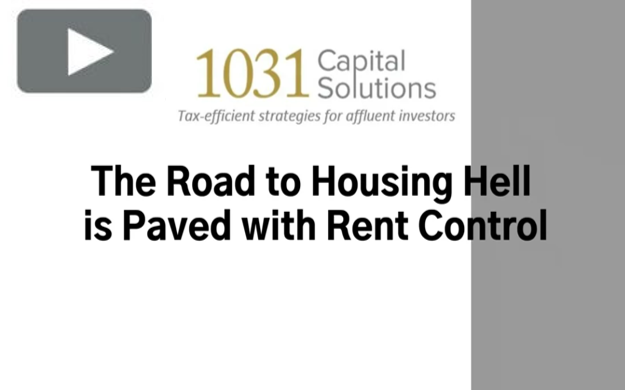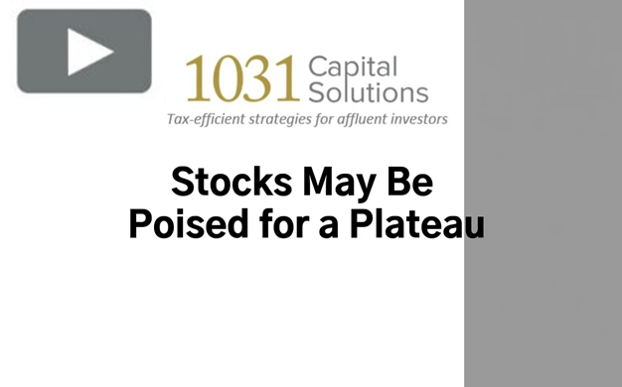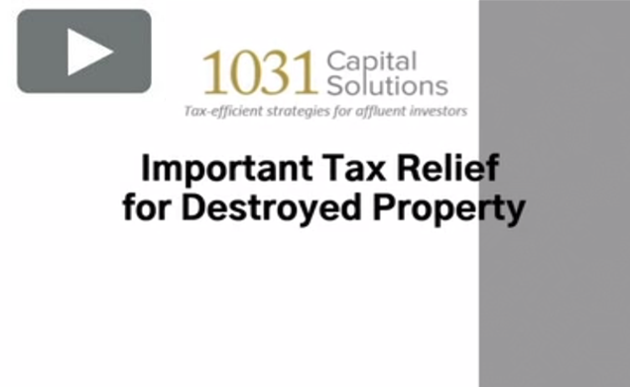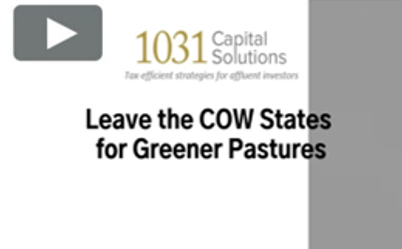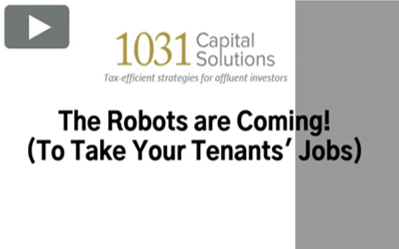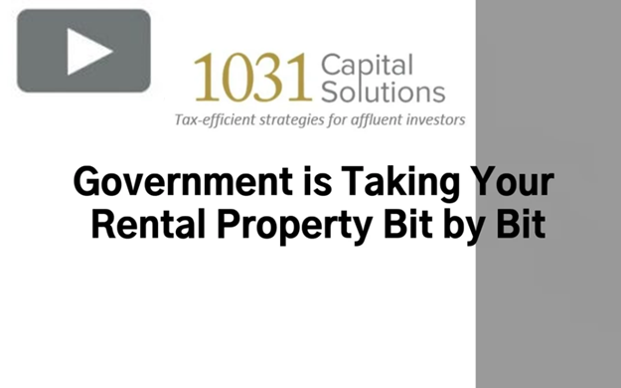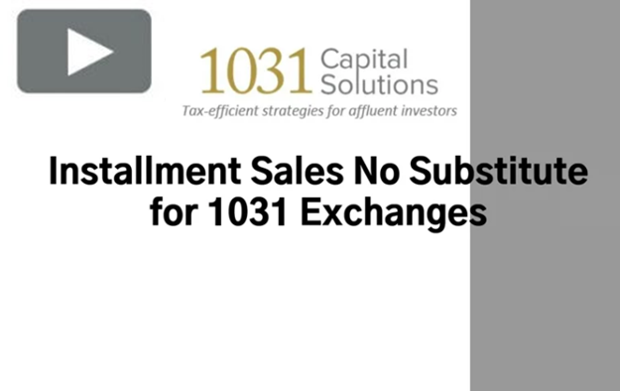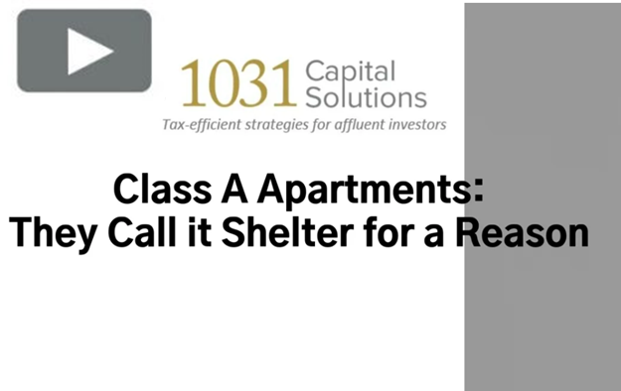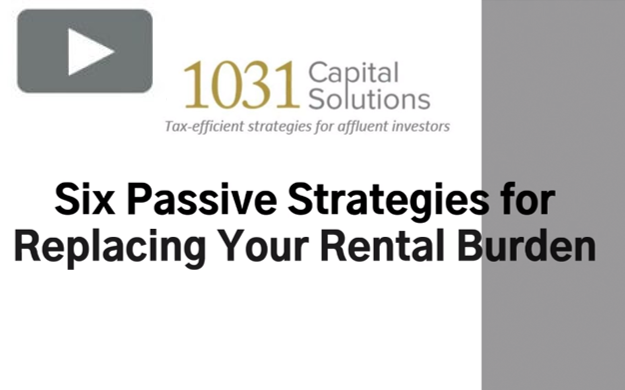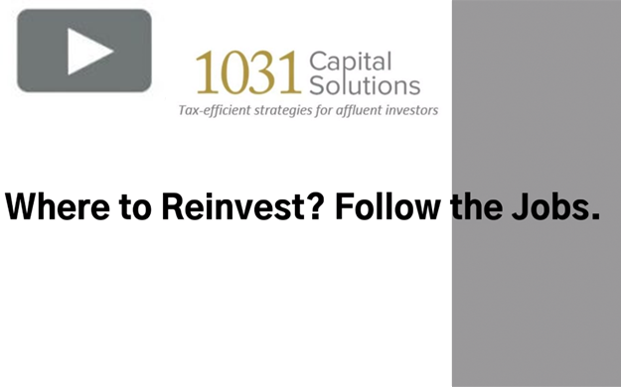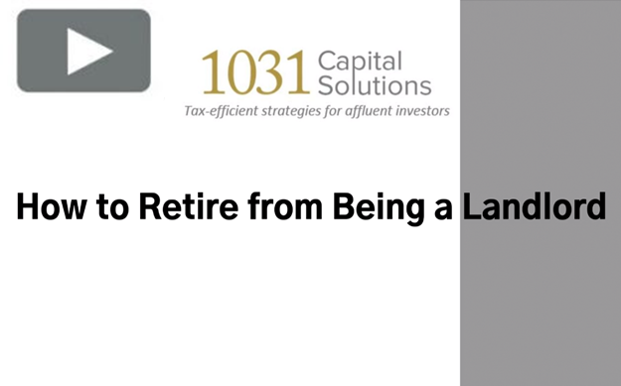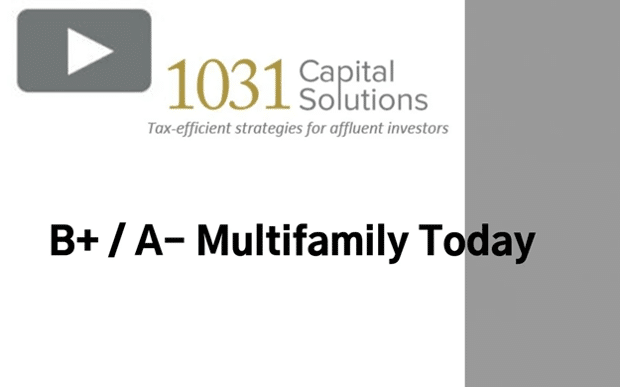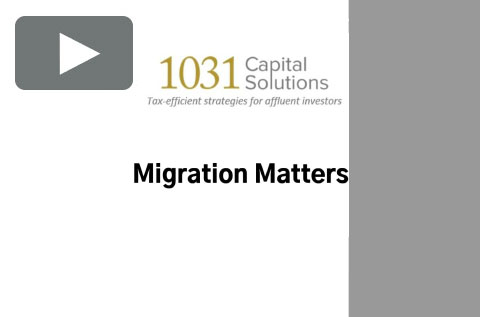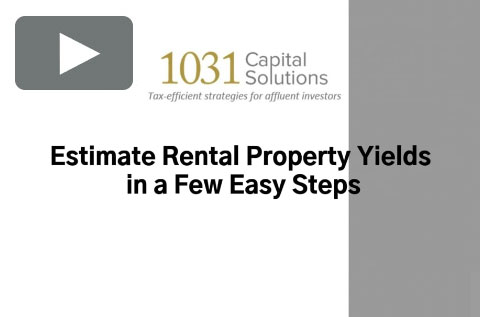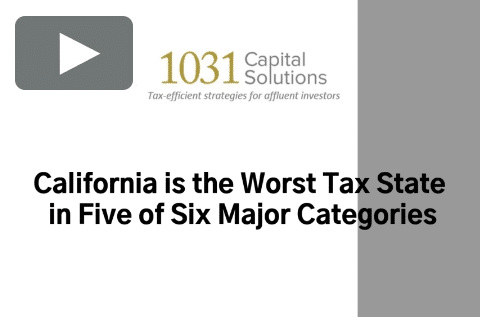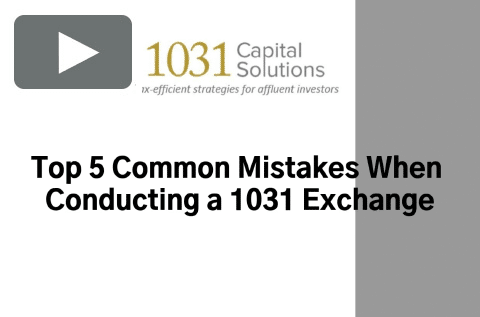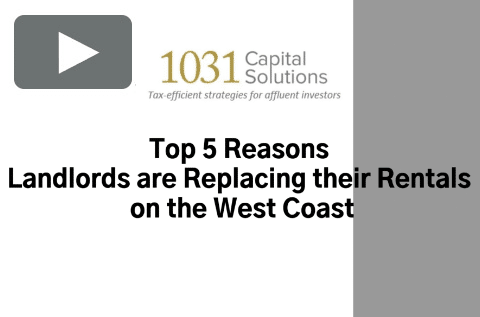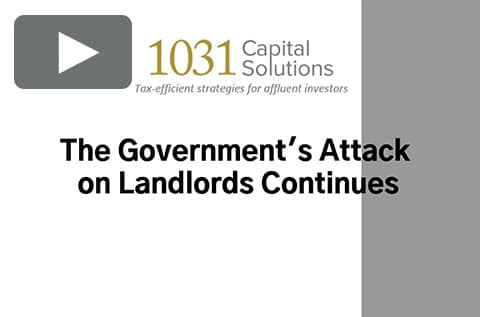Changes are Happening Quickly – Don’t be Left Behind Managing […]
The Burdens of Managing Rental Property in Retirement Retirement should […]
Trusts, Partnerships and 1031 Exchanges One crucial aspect of real […]
Episode 6 from Passive Real Estate Investing Series. One of the attractions of investing in a passive replacement program is the existence of built-in, non-recourse, no-application financing. Here we review the benefits and risks such debt provides to 1031 investors.
Episode 5 from Passive Real Estate Investing Series. After looking at macro factors in Episode 4, here we review five factors to consider at the property level-especially when comparing two apartment communities in the same market.
Episode 4 from Passive Real Estate Investing Series. A map of the United States is not a dart board for randomly choosing target real estate markets. In this episode, we describe five of the factors we consider when conducting geographic due-diligence.
Episode 3 from Passive Real Estate Investing Series. The allure of a known fast-food brand or a chain dollar store can be compelling. But before you give up on rental housing, be sure you have a better understanding of the differences between single-tenant triple-net (NNN) properties and class-A multifamily.
Episode 2 from Passive Real Estate Investing Series. Cash flow means different things to different people. To compare apples to apples, we must rely on agreed-upon metrics. Understanding NOI (Net Operating Income) and YOE (Yield on Equity) will also make it easier to analyze investment options relative to your current property.
Episode 1 from Passive Real Estate Investing Series. What the heck is a cap rate? It's OK if you cannot confidently define what a "cap rate" is. After this first episode in our series on Passive Real Estate Investing Basics, you will totally get it. And if it doesn't sink in the first time, rewatching the video is free.
Episode 7 from Passive Real Estate Investing Series. Get a better idea of who puts together syndicated real estate investments, their role in the process, how they raise capital and how they add value.
Episode 8 from Passive Real Estate Investing Series. It's not really possible to provide a thorough overview of 1031-qualified DSTs in 3 minutes. We didn't try. But it's a good place to start, especially if you have a short attention span.
Episode 9 from Passive Real Estate Investing Series. We appreciate you taking a few minutes to learn about our education, training, experience and credibility as 1031-focused representatives. We hope to learn more about you in the near future.
Episode 6 from Real Estate Taxation Series. Losses from one category of investments may not be available to offset gains or income from another category. In real estate, it is important to know whether your investment generates "active", "passive" or "portfolio" income.
Episode 5 from Real Estate Taxation Series. Didn't we cover depreciation in Episode Two? Yes, but here we want to emphasize the impact that a 1031 exchange has on continuing to deduct depreciation from the income of a replacement property.
Episode 4 from Real Estate Taxation Series. Outside the sale of real estate (or in the event of a failed 1031 exchange), a QOZ fund may be a suitable way to defer taxes while investing in neighborhoods that need to attract investment capital for redevelopment or new construction.
Episode 3 from Real Estate Taxation Series. 1031 exchanges are not the only way to kick the tax can down the road. Yet for most taxpayers, IRC Sec. 1031 continues to offer the best overall tax consequences. Watch our video to learn why.
Episode 2 from Real Estate Taxation Series.. Even while your real estate appreciated over the years, your accountant likely was claiming that the property was depreciating every year-at least on paper. This episode reviews the benefits of deducting depreciation today to push a tax into the future.
Episode 1 from Real Estate Taxation Series. There are different categories of capital-gains, taxed at different rates by different levels of government. Whether you have a CPA or not (and you should), every landlord should have a basic understanding of how their capital gains may be taxed when selling real estate.
Tax-deferred exchanges of investment real estate date back to 1921. Learn what has changed-and what remains the same-about 1031 exchanges.
Conducting a like-kind exchange of rental property is about more than saving a few bucks on your tax bill. For most taxpayers, the combined state and federal tax benefits can add up to several hundreds of thousands of dollars over multiple transactions.
Not all real estate can be exchanged under IRC Section 1031. Before you sell your property, be sure to learn which investments can be sold and bought in a 1031 exchange.
Completing a 1031 exchange transaction does not need to be complicated. But you cannot hope to comply with the rules if you don't take the time to learn them.
You can't un-ring a bell or put water back into a hose-but you can buy your replacement before you sell your relinquished property. Let us show you the most common method for completing a "reverse" exchange.
A perfect 1031 exchange has no "boot", meaning no taxable consequences. Alas, few things in this world are perfect, and exchanges are no exception. But if you follow the rules, you can keep your boot small.
Breaking up with partners-either in marriage or business-does not have to ruin your 1031 exchange. But if you don't know the rules, a breakup can be a treacherous tax trap.
Can you exchange a personal vacation property that you also rent to tenants? Of course you can. Is it easy to trip over IRS rules? Of course it is
This episode is for investors seeking to retire from being landlords. If you are interested in conducting a 1031 exchange-but do not want to operate another rental property-a passive replacement program could be a suitable solution.
It is becoming increasingly common for passive 1031 investors to pursue a "one and done" strategy and ultimately own units of a REIT. If you would like to avoid the need for multiple 1031 exchange transactions, please watch this video.
"DST" stands for Delaware Statutory Trust-a bona fide 1031-qualified investment structure approved by the IRS in 2004. A Deferred Sales Trust™ is something else. Let us clear things up in this episode.
Yes, there is a little bit more to do after you complete a 1031 exchange. With a little knowledge and a good tax professional, you should have no problem getting everything buttoned up.
In this educational video, 1031 Capital Solutions explains the basics of Delaware Statutory Trusts that qualify for 1031 exchanges (1031 DSTs)
Certainty, or the lack of it, drives market behavior, and there are a few things we can be certain about for 2021.
In a recent economic analysis of rent control by the highly regarded Center for Real Estate at Portland State University, three major failings of government manipulation are evident.
Why are people today willing to buy a stock, on average, for a price that is 21.5 times its earnings?
For some property owners, §1033 exchanges represent a small silver lining in the dark cloud.
There are more reasons to sell your West Coast properties than wildfires, blackouts, and earthquakes.
The robots are coming - not to wage war or enslave us, but to replace your tenants at their workplace.
It’s important to pay attention to California property regulations, even if you don’t own property in the Golden State.
Have you heard that you can defer your capital-gains taxes by conducting an “installment sale” under §453 of the Internal Revenue Code?
Why do we consider Class-A apartments as a preferred asset class for investors seeking to transition from active to passive ownership?
Under §1031 of the Internal Revenue Code, you can defer—and potentially avoid altogether—your taxes when you sell your current rental and invest in one of the following passive replacement options.
The top five most populated states provide significantly different experiences for business owners and landlords.
At 1031 Capital Solutions, we continue to stress the importance of regional economics in making real estate investment decisions.
Whether you are a rental property owner or industry professional, you’ll find our book to be a valuable resource.
This video focuses on the differences between apartments that fall in the range of B+ to A-.
People move toward jobs, quality of life, and affordability. They bring a demand for housing, storage, and services.
In this educational video, we are giving you a simple approach to estimating the investment performance of a rental property.
Find out why California ranks as the worst taxing state in five of six categories.
It’s always good to know the biggest pitfalls on your path, even when you have a great guide.
Find out why so many landlords are replacing their rental properties on the West Coast.
If you, or your client, is a residential landlord on the West Coast, it may be time to consider your options.









